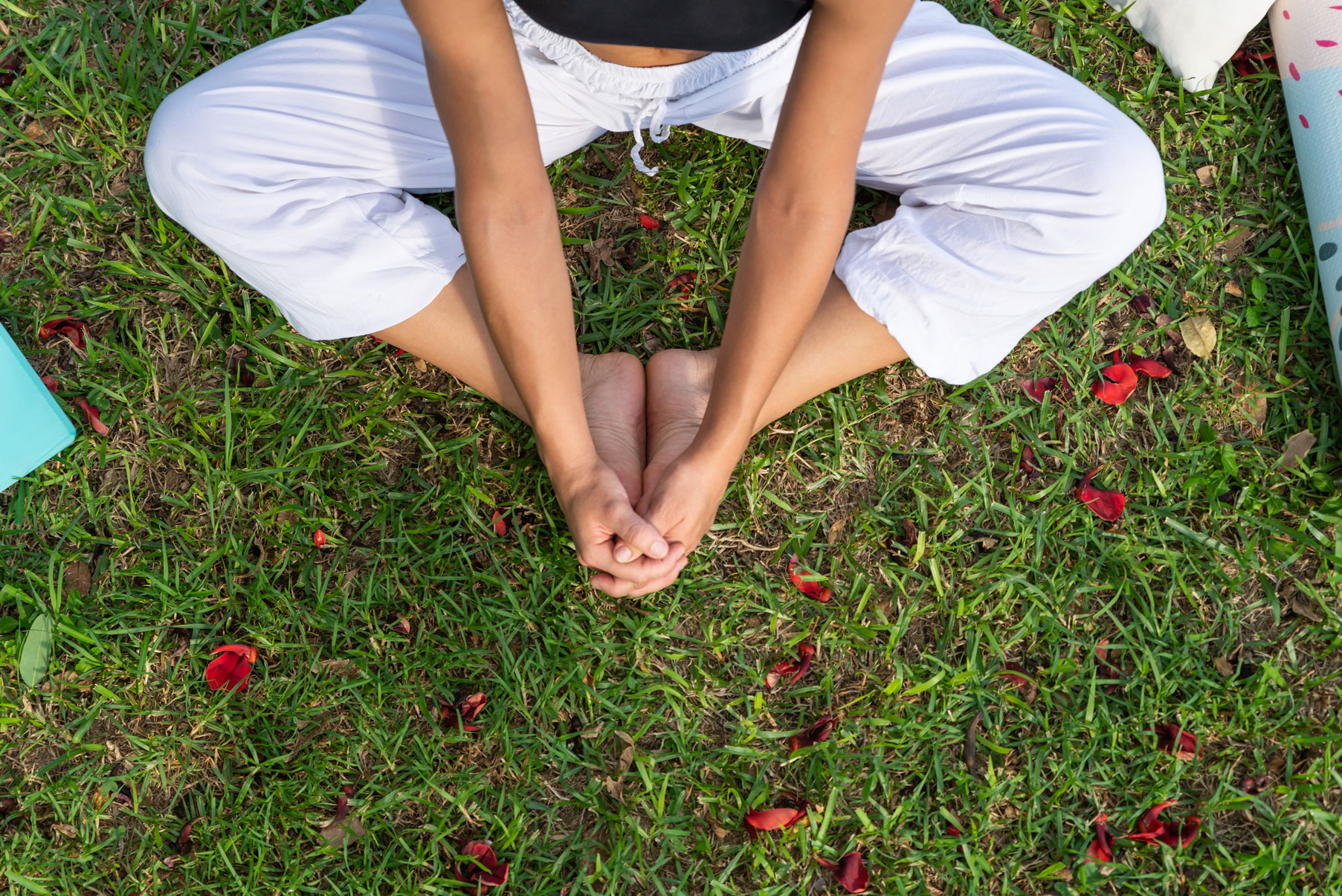Stress has been called the “health epidemic of the 21st century.” In other words, finding ways to manage stress has become more important than ever. The truth is many of us are stressed out! And stress is associated with various health risks, such as heart issues. But we don’t have to be this stressed.
In fact, grounding, also known as earthing, offers a potentially powerful way to reconnect with nature and naturally reduce your stress levels. But what is it exactly? And could it really help you manage your daily stress?
What Is Grounding?
Grounding is an ancient practice that involves physically connecting with the Earth’s surface. This concept dates back thousands of years, with many traditional cultures recognising the Earth’s natural healing energy. While it might sound a little “out there,” there is some evidence showing it can reduce stress and improve mood.
Research further suggests that regular grounding practices might improve our well-being by:
- Reducing anxiety levels
- Improving sleep quality
- Decreasing inflammation in the body
- Improving energy levels throughout the day
- Supporting recovery after physical activity
The basic principle (and yes, this also might sound a little woo-woo) is that the Earth carries a subtle negative electrical charge. When we make direct contact with it, our bodies can receive these electrons, potentially helping to neutralise harmful free radicals and reduce inflammation.
Historically, humans spent much more time in direct contact with the Earth—walking barefoot, sleeping on the ground, and living closer to nature. Today, with rubber-soled shoes and elevated buildings, we’ve largely lost this natural connection. However, this modern grounding movement suggests reconnecting with the Earth’s energy could help restore our body’s natural electrical balance. And once you try it, you might think there’s actually something to it!
How to Practice Grounding
For direct earth contact, you can try walking barefoot on grass, sand, or soil, lying down on the ground in a park or garden, gardening with your hands in the soil, or swimming in natural bodies of water. When outdoor access is limited, consider sitting with your bare feet on a concrete floor, using grounding mats or sheets (specially designed products), practicing grounding visualisation exercises, or taking regular breaks to connect with nature—even briefly.
For the best results, spend at least 15-30 minutes grounding each day, choose natural surfaces over synthetic ones, and practice regularly, especially during times of high stress. Yet, whilst grounding can be a valuable tool for stress management, it works best as part of a comprehensive approach to well-being that includes proper sleep, nutrition, and regular movement.
Ready to explore how grounding and other natural stress-management techniques could benefit your health? Your Finsbury Park chiropractor can help you get back on track with your health and well-being. Schedule your FREE discovery call today. BOOK NOW.

